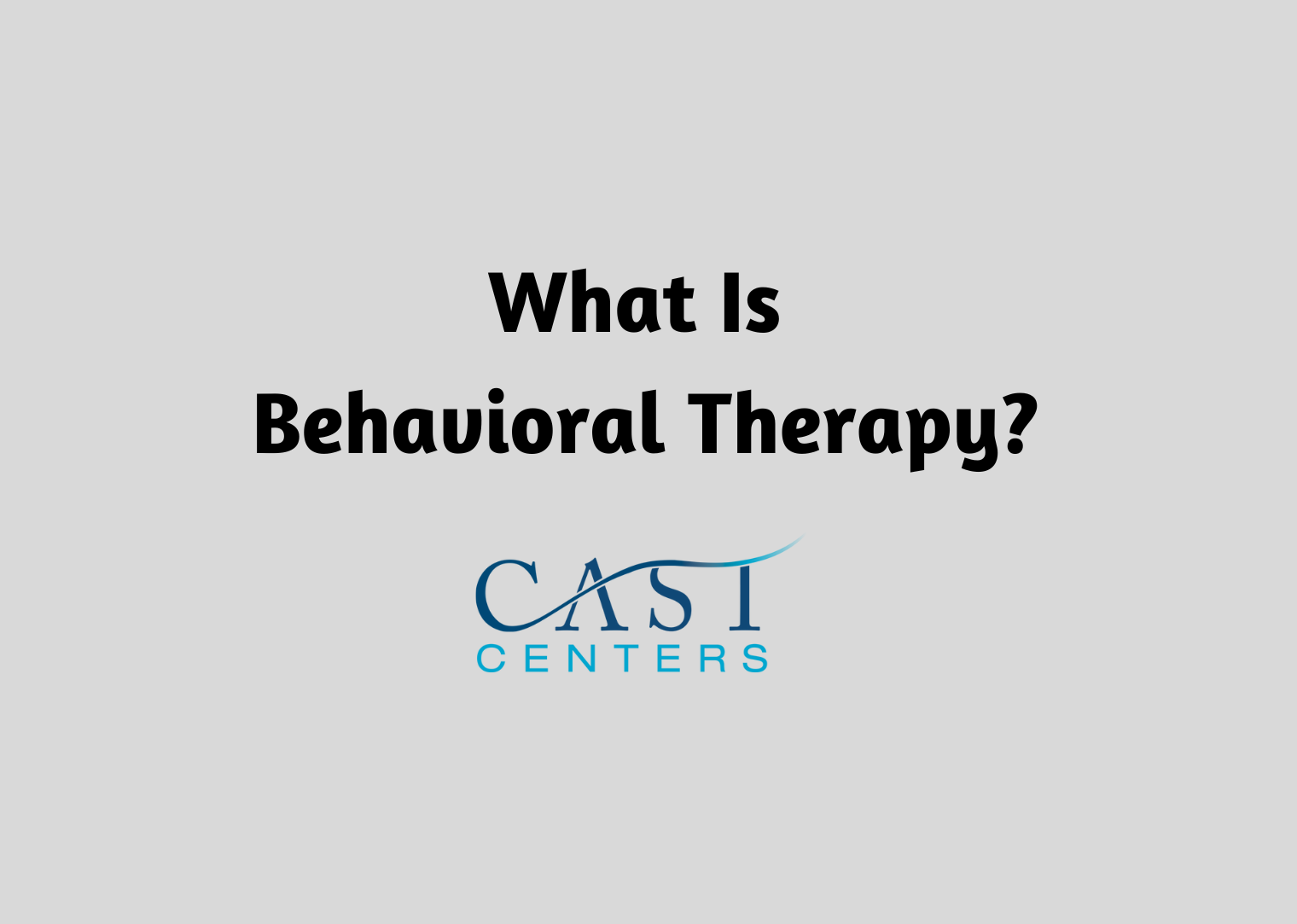What Is Behavioral Therapy?
With the evolution of mental health treatment, behavioral therapy has become a powerful evidence-based approach. Behavioral therapy aims to understand, analyze, and modify behavior patterns. This psychology based therapeutic model has proven effective in addressing a wide range of mental health issues including anxiety, depression, PTSD and addiction.
What Is Behavioral Therapy?
Understanding Behavioral Therapy
Behavioral therapy is a form of psychotherapy that focuses on observable behaviors and the environmental factors that contribute to them. As some traditional therapeutic approaches that delve deeply into the unconscious mind, this approach is action-oriented. It operates under the assumption that behaviors are learned and can modified through targeted interventions.
Core Concepts for Treatment
Behavioral Analysis:
- Behavioral therapists work collaboratively with individuals to identify and analyze specific behaviors that contribute to mental health challenges. By understanding the antecedents (triggers), behaviors, and consequences, therapists can pinpoint patterns and develop strategies for change.
Learning Theory:
- At the heart of CBT and DBY is the belief in the principles of learning. Behaviors are seen as learned responses to stimuli, and therapeutic interventions focus on modifying these learned responses through reinforcement, punishment, or extinction.
Goal-Oriented Approach:
- Behavioral therapy will focus on goals. Individuals, in consultation with their therapists, set specific, measurable, and achievable goals. The emphasis is on identifying and implementing strategies to reach these objectives, fostering a sense of accomplishment and empowerment.
Common Techniques in Behavioral Therapy
Cognitive-Behavioral Therapy (CBT): CBT, a widely used form of behavioral therapy, combines cognitive and behavioral strategies. It explores the relationship between thoughts, feelings, and routines, helping individuals identify and challenge negative thought patterns and develop healthier coping mechanisms.
Dialectical-Behavioral Therapy (DBT): DBT built on and expanded the model of CBT with goals that help teach people how to live in the moment as well as develop healthy ways to manage stress, better regulate their emotions, and improve their relationships.
Systematic Desensitization: Particularly effective in treating phobias and anxiety disorders, systematic desensitization involves gradually exposing individuals to feared stimuli while teaching relaxation techniques. This process helps recondition the emotional response associated with specific triggers.
Applications of Behavioral Therapy
Behavioral therapy has demonstrated effectiveness in treating a wide array of mental health conditions, including anxiety disorders, depression, phobias, obsessive-compulsive disorder (OCD), attention-deficit/hyperactivity disorder (ADHD), and substance use disorders.
One distinctive feature is its goal-oriented approach. Individuals, in collaboration with their therapists, set specific and measurable goals. These objectives serve as benchmarks for progress and provide a clear direction for therapeutic interventions.
By empowering individuals to take an active role in their own change process, therapy fosters lasting transformation and equips individuals with practical strategies for navigating life’s challenges.







